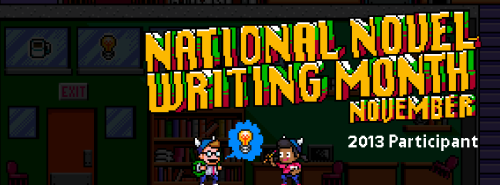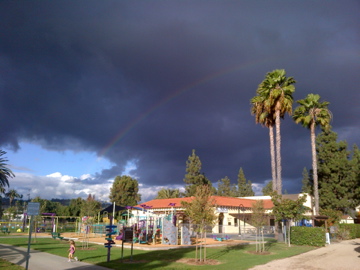Speech writing has a flare all it's own, sometimes to rouse an audience, other times to calm fears; it can provide information, outline a goal or give hope. Many believe there was no better speech writer than the 16th President of the United States, Abraham Lincoln. He had an eloquent way with words, and knew how to string them together as perfectly as a seamstress threading a needle then stitching a straight line. Lincoln knew precisely how to use a sentence, a phrase to get his message across.
Lincoln's Thanksgiving Proclamation is a fine example of his speech writing , expressing his lofty ideals, and calling a nation to give thanks for their bounty and blessing. As an admirer of President Lincoln's writing skills, and in the spirit of our Thanksgiving holiday, I share his Proclamation with you now.
Lincoln's Thanksgiving Proclamation is a fine example of his speech writing , expressing his lofty ideals, and calling a nation to give thanks for their bounty and blessing. As an admirer of President Lincoln's writing skills, and in the spirit of our Thanksgiving holiday, I share his Proclamation with you now.
Abraham Lincoln's
1863 Thanksgiving Proclamation
It is the duty of nations as well as of men to own their dependence upon the overruling power of God; to confess their sins and transgressions in humble sorrow, yet with assured hope that genuine repentance will lead to mercy and pardon; and to recognize the sublime truth, announced in the Holy Scriptures and proven by all history, that those nations are blessed whose God is the Lord.
We know that by His divine law, nations, like individuals, are subjected to punishments and chastisements in this world. May we not justly fear that the awful calamity of civil war which now desolates the land may be a punishment inflicted upon us for our presumptuous sins, to the needful end of our national reformation as a whole people?
We have been the recipients of the choicest bounties of heaven; we have been preserved these many years in peace and prosperity; we have grown in numbers, wealth and power as no other nation has ever grown.
But we have forgotten God. We have forgotten the gracious hand which preserved us in peace and multiplied and enriched and strengthened us, and we have vainly imagined, in the deceitfulness of our hearts, that all these blessings were produced by some superior wisdom and virtue of our own. Intoxicated with unbroken success, we have become too self-sufficient to feel the necessity of redeeming and preserving grace, too proud to pray to the God that made us.
It has seemed to me fit and proper that God should be solemnly, reverently and gratefully acknowledged, as with one heart and one voice, by the whole American people. I do therefore invite my fellow citizens in every part of the United States, and also those who are at sea and those who are sojourning in foreign lands, to set apart and observe the last Thursday of November as a day of Thanksgiving and praise to our beneficent Father Who dwelleth in the heavens.
A. Lincoln
October 3, 1863













.jpg)







